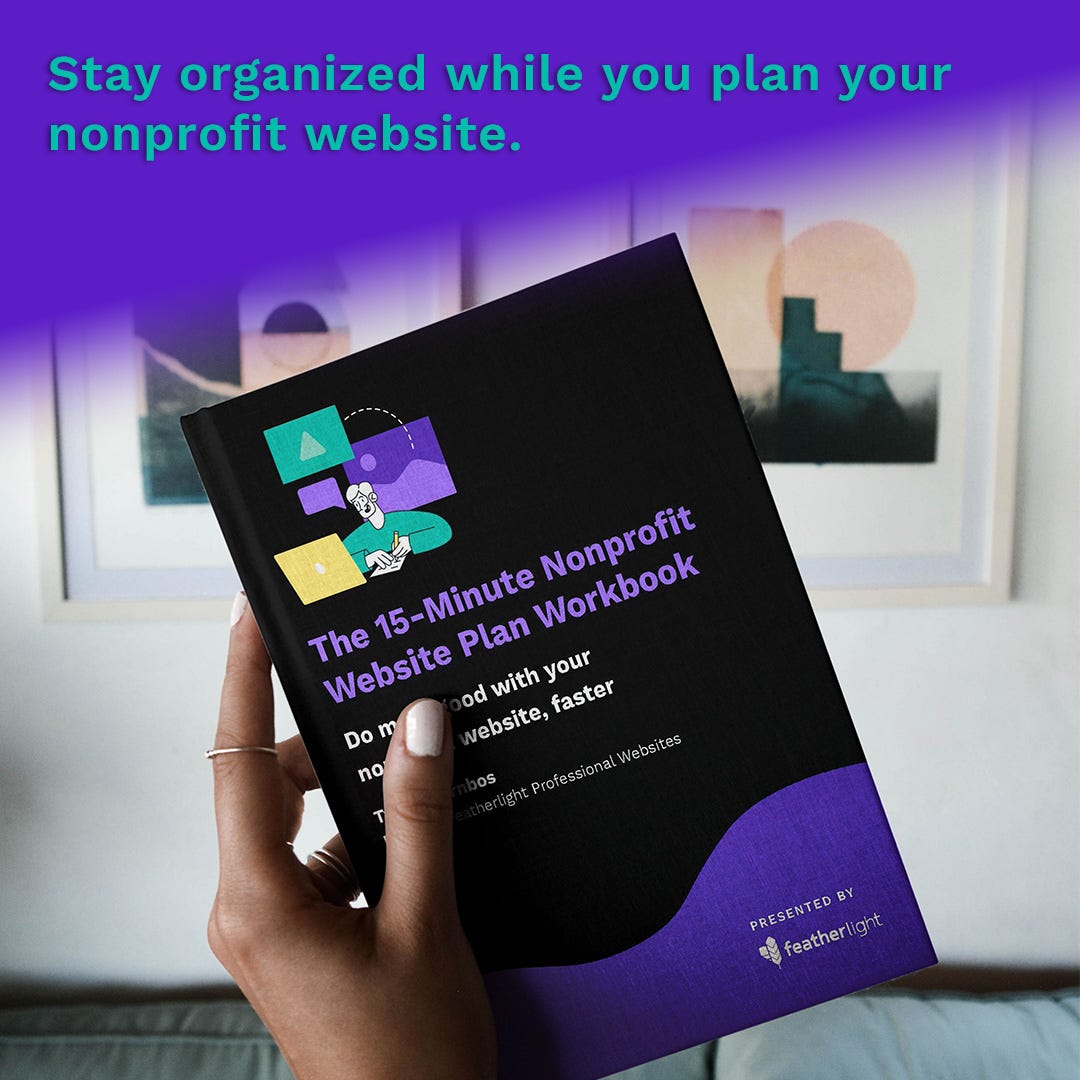Does Your Job Make You Wanna Quit the World?
A Podcast with Ben Hoekstra Offers Non-Dystopian Advice for Dystopian Jobs
You’ve seen this article (below) in your inbox this past Saturday. But here’s a follow-up podcast, in which LaShone, Emily, David, and Craig all converse with Ben about the insight behind his last two pieces for the Mode/Switch.
-
As I write this, I’m sitting on the ground in an airport angrily chatting with a Spirit Airlines representative about how a $50 future voucher does pretty much nothing to compensate my inconvenience of a massively-delayed flight that I’m nervous will just get cancelled when we get down to the last minute.
Air travel these days sucks. Delays, cancellations, annoying passengers, and countless other inconveniences stack up to make it feel like paying someone to smack you in the back of the head repeatedly for several hours.
These inconveniences fit into a general narrative I often hear from other millennials and Gen Z (especially as someone born in the few years that sit right at the transition between those generations). There is a persistent cynicism, even a nihilism that many of us feel. The world is so very broken—the promises of the American dream, of convenience and adventure, of cultural exploration, of progress towards a brighter, easier future—these all seem, at best naive. At worst, they feel like intentional deception.
I feel this nihilism especially in the workplace. Colleagues who have been burned by toxic workplaces and terrible bosses eventually reach the point where they throw up their hands and say, “Screw this, I’m just going to find a job where I work as little as possible for as much money as possible and live my life.”
In the years I spent in the nonprofit world, some of it with rough bosses, this trend was even more pronounced. Organizations preyed on the goodwill and enthusiasm of young people to get work done cheap. They left a trail of broken, angry, hurt people behind them.
The impulse to abandon a world and a workplace that has taken advantage isn’t just understandable, it feels just, even morally necessary.
But let me suggest a mode-switch.
I remember a quote a few years back that has stuck with me ever since, long after I forgot where I read it. It went something like this: “Millennials are the first generation to realize no one was coming to save us.”
The further into my career I get, the more I realize that there are both heroes and villains of the workplace. There are places trying to build healthy, modern work environments that allow people to do meaningful work for a reasonable wage while maintaining a good life outside of their job. This construction is orchestrated by good leaders who recognize the moral call and pragmatic necessity of building a better workplace. There are not enough of them.
There are plenty of villains in the workplace. It is an easy, and not unfair, reaction to walk away from the fight.
Millennials are the first generation to realize no one was coming to save us.
But here is my suggestion: if no one is coming to save us, we’ll have to save ourselves.
We millennials and Gen Z have to build the workplaces that we should have walked into. We have to advocate for harmony between work and life. We have to be better bosses than the ones we had. We have to develop work cultures where company goals and human values align.
If we’re lucky, we’ve had some lighthouses along the way, those unique bosses and organizations didn’t just try to get the most they could out of us but cared about us and helped us. I am fortunate to have a long list of names, in fact longer than the bad ones, of people who taught me a great deal about leading and working well. These people opened doors for me that would have long been closed otherwise.
In the piece I shared last week, my encouragement was to look for those people. That may make you want to throw up your hands, frustrated that yet another thing is outside of your control. And you would be right to be angry. But I don’t want you—or me—to stay there.
When the temptation towards nihilism comes, lean in to hope. It is an incremental process, changing the workplace. It has just as many setbacks and challenges as it does victories. Sometimes the bad outweighs the good for a long time. But our work to build a better workplace, one 9-to-5 at a time, is a worthy effort.
If, at the end of your career, would you be proud to say you made people’s lives better, that you, however slightly, moved things towards a workplace that was kinder, smarter, and more concerned with people reaching their potential?
Here is how I am trying to live this out this week:
1) Really support your coworkers. When you ask about them, listen to the answer. Mean what you say. Take care of your people.
2) Make people’s lives easier, not harder. So much of our workplace frustrations are miscommunications. It may be their fault, but it’s worth giving them a second chance.
3) When we make a process better, easier, simpler, we make people’s jobs better.
I occupy a particular position in this work, I know. A straight white guy in management isn’t necessarily the most surprising situation in corporate America. But with that privilege comes a special responsibility to use my days for more than just making money to support my hours outside the office. If you find yourself in a position of influence, in the words of Uncle Ben, “with great power comes great responsibility.” (See what I did there? My name is Ben, I referenced Uncle Ben… OK so I might be a nerd). You may need to take the harder route, the route that burns more of your relational and political capital, to do the right thing—rather than just giving someone a crappy voucher and calling it a day.
So what do you think? Challenge me. Ask the hard questions. It only gets better when we’re honest, humble, and ready to do the hard work.
-ben







Loved this article, thank you for the vulnerable and ethical opinions in corporate america.